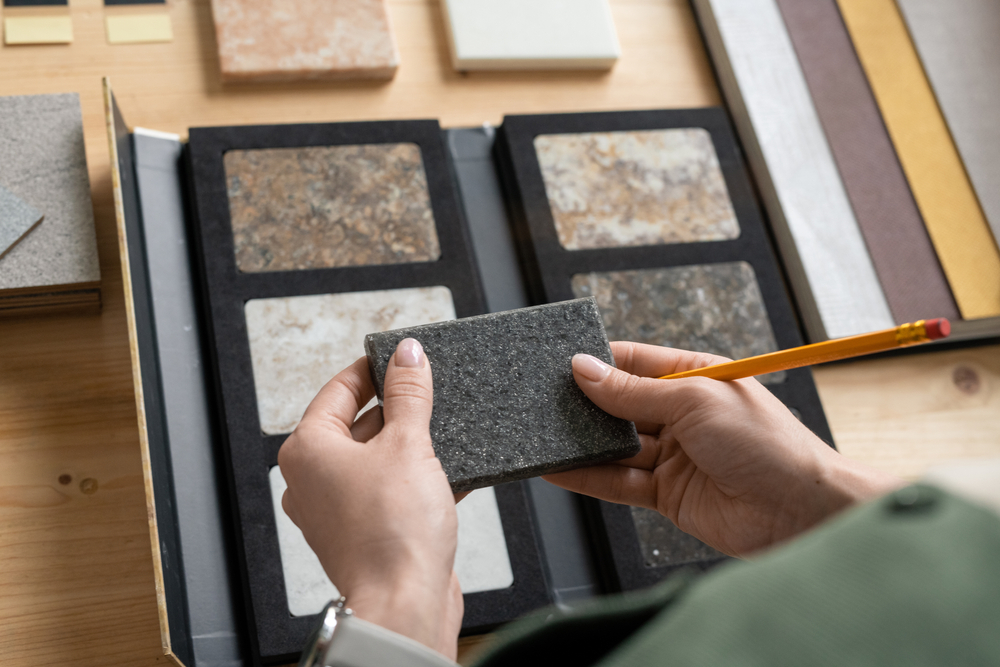
When embarking on the journey of home renovation or a kitchen remodel, the question of which countertop material to select can often induce a considerable amount of trepidation. Among the finest contenders in the realm of countertop materials are granite and quartz, both celebrated for their aesthetic appeal and durability. However, a persistent query lingers in the minds of prospective buyers: “Which countertop is cheaper: quartz or granite?” This question not only opens the door to a fiscal comparison but also prompts an exploration of the attributes, maintenance, and long-term value of each material.
Before diving into the depths of price analysis, let us pose a playful but relevant question to set the stage: If you had to choose, would you prefer a robust, natural stone that has stood the test of time, or a versatile, engineered surface that promises modernity? The choice may seem deceptively simple but consider this: both materials have their own merits that may challenge your decision-making proficiency.
To begin, we must analyze the financial implications associated with both granite and quartz. Generally, granite tends to be the more affordable option, often ranging from $40 to $100 per square foot. It’s worth noting, though, that prices can fluctuate significantly based on various factors, including the sourcing location, pattern complexity, and the vendor’s pricing structure. Granite is quarried directly from the earth, which means that, while it is a finite resource, its price can often reflect local availability.
In contrast, quartz countertops—composed of approximately 90-95% crushed natural stones blended with resins and polymers—often command a higher price point, ranging from $50 to over $150 per square foot. The production process involves a considerable amount of manufacturing, which may add to its overall expense. That said, the allure of an extensive color palette and near-endless design options often sways homeowners towards quartz despite the steeper cost.
Diving deeper into the cost comparison, it’s crucial to consider not merely the sticker price but also the total lifetime investment in the countertop. Granite, for all its natural grandeur, requires sealing every few years to protect against stains and etching. Should a homeowner neglect this maintenance routine, the potential for repair costs escalates. Conversely, quartz countertops typically require far less maintenance due to their non-porous surface, which often leads to cost savings over time. In this light, the initial expense of quartz could be interpreted as an investment in convenience.
Let’s also examine the comparative durability of both materials. Granite, known for its resilience and heat resistance, can withstand high temperatures, making it an ideal surface for avid chefs. However, its tendency to chip might require homeowners to exercise care when placing heavy objects. On the other hand, quartz, while durable, is less resistant to high heat, and extreme temperatures can lead to scorching or damage. Thus, the choice of material must also align with your lifestyle and cooking habits, introducing yet another layer to your decision-making process.
In addition to price and durability, aesthetic considerations inevitably play a significant role in the countertop selection process. Granite boasts a mesmerizing array of breathtaking natural patterns, ensuring uniqueness in every slab. This allure complements traditional as well as modern kitchens, providing a timeless appeal. Meanwhile, quartz offers versatility in design; from striking colors to intricate veining, the engineered product can emulate nearly any natural stone, ensuring it appeals to diverse tastes.
Moreover, while choosing between granite and quartz, consider the environmental impact of each material. Granite, being a natural stone, has a smaller carbon footprint post-extraction compared to the manufacturing processes involved in creating quartz countertops. Still, local sourcing of granite can mitigate environmental concerns, as it avoids the high carbon costs of transportation. Both options present different sustainability challenges and benefits, urging environmentally conscious homeowners to contemplate their choices carefully.
Lastly, we cannot overlook the resale value of a property when weighing granite versus quartz. Potential homebuyers may exhibit distinct preferences influenced by market trends and regional norms. In certain markets, the presence of granite might be highly coveted, while in more contemporary settings, high-quality quartz could be the sought-after standard. Therefore, aligning countertop choices with prospective resale value should also permeate your decision-making process.
Ultimately, choosing between quartz and granite countertops involves a multifaceted evaluation encompassing price, durability, maintenance, aesthetics, environmental impact, and potential resale value. While granite often garners the title for being cheaper, quartz may ultimately present a more cost-effective solution for those valuing low-maintenance and diverse design options. The challenge lies in balancing personal preferences with practical considerations. As you navigate the complexities of this decision, remember that the ideal countertop is one that reflects your unique style and meets your lifestyle needs, whether you lean towards the classic charm of granite or the modern allure of quartz.
